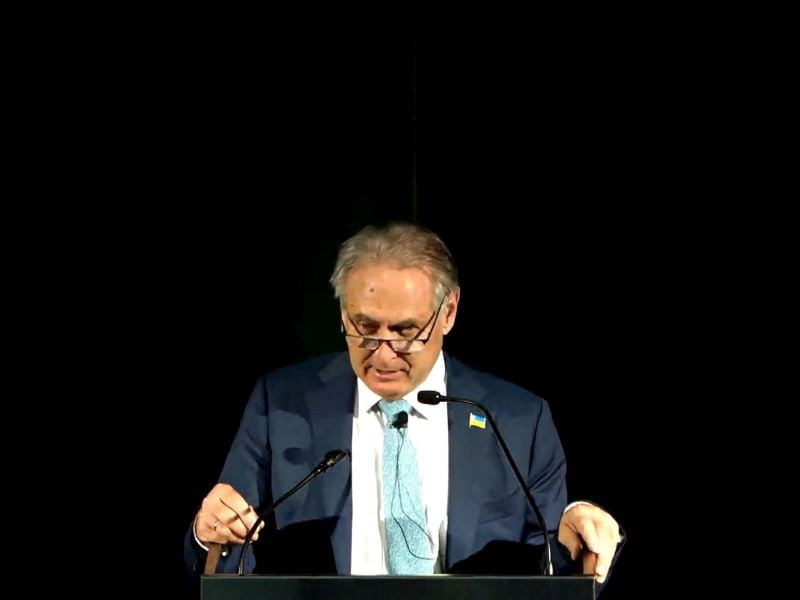Australia has no plans to follow the United States in implementing the “more draconian” trade policies stopping the export of certain sensitive technologies to China, as Prime Minister Anthony Albanese secures a meeting with President Xi Jinping.
Trade minister Don Farrell on Monday said America’s semiconductor export controls are a move to diversify partners and build sovereign capability to lessen global shocks. But it is not one Australia, which plays a small role in global semiconductor supply chains, will necessarily follow.
“They don’t want to find themselves in a situation where they’re reliant on a trading partner who ultimately turns out to be unreliable,” he said.
“Will we go down the same path? Well, we don’t have plans to do that at the moment.”

Mr Farrell was speaking after an address to the Australian APEC Centre, where he outlined Australia’s trade principles and announced the new government would strip future free trade agreements of investor-state dispute settlement clauses.
He said Australia is seeking more diverse trade partners while also repairing the fractured relationship with its biggest.
“Our first strategy… is trying to stabilise our relationship with our trading nations [and] treat them respectfully,” Mr Farrell said.
“But at all times ensuring that we prosecute the case for our national security, national interests and also request those sorts of issues that we’ve always relied upon, like human rights. So, it’s a delicate balance.”
Last month, the Biden administration updated its export controls to severely restrict China’s ability to both purchase and manufacture certain high-end chips for military applications.
The move, which also captures non-military technology, prohibits US organisations from exporting the leading-edge chips to China and limits the export of the software, equipment, and components China would need to establish a sovereign advanced semiconductor manufacturing capability.
Americans with specialist skills have also been restricted from working with Chinese entities in the area, while US allies that manufacture chips also face losing access to American equipment if they supply China.
Mr Farrell said Australia will use “cool and calm” foreign policy to limit trade problems early “so that maybe we don’t have to go to the more draconian actions that the US have gone down”.
Prime Minister Anthony Albanese on Monday secured Australia’s first leader level meeting with China in half a decade. He and President Xi will will reportedly meet on Tuesday afternoon.
“We’re hoping that discussions between our Prime Minister and the President of China results in some freeing of current trading blockages,” Mr Farrell said.
The Trade minister explained that the new government’s trade principles are about diversifying Australia’s trade partners, particularly within the Indo Pacific region, defending and reforming multilateral trade, diversifying what Australia offers through a more complex economy, and sharing the benefits of trade more evenly with the Australian people.
Mr Farrell announced the Albanese government will not include investor state dispute settlements (ISDS) in any new trade agreements to preserve its ability to the “govern in the national interest”.
Australia has signed 10 agreements with an ISDS clause, including the Trans-Pacific Partnership and several bi-lateral free trade agreements.
“And when opportunities arise, we will actively engage in processes of reforming existing ISDS mechanism to enhance to enhance transparency, consistency and ensure adequate scope to allow the government to regulate in the public interest.”
Update: This article has been updated with the detail that Prime Minister Anthony Albanese is expected to meet with President Xi Jinping.
Do you know more? Contact James Riley via Email.

